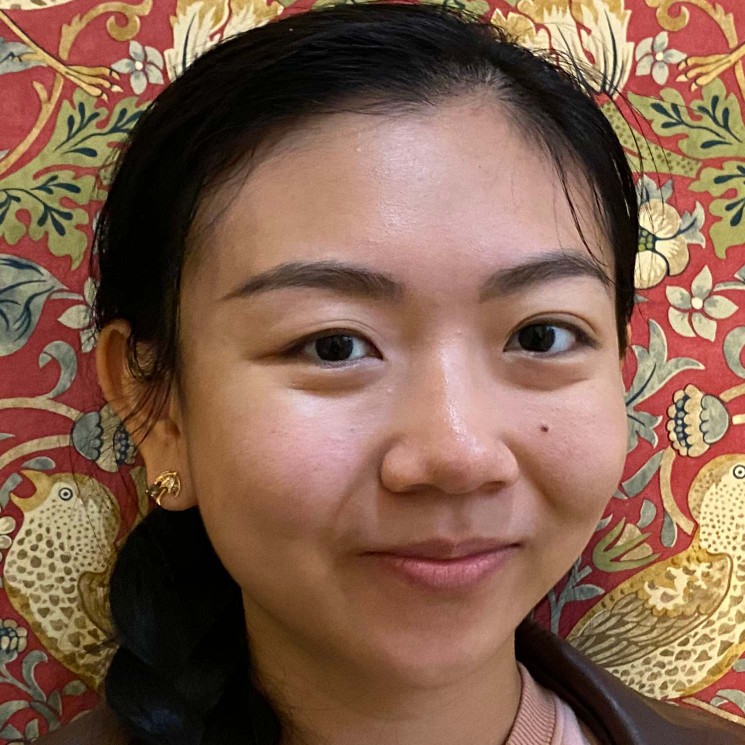It’s also a strategy that’s worked well for her financially, which she adapts depending on the current market. “I find leveraging multiple skills across different industries can be great because then you can pick up where the money is on,” she explains.
Find A Thread That Runs Between Your Skills
But, how do you find those threads that can build a career? For Shana, it’s about always being open to learning new things: “I was always curious about building and strengthening my skills. I always see it as a positive, especially when you can tap into the bigger picture and bring those very unique skills to a client.”
For journalists in particular, Hannah says a good place to start is finding your own voice. She explains: “Pay attention to how you’re developing your sense of independence and individuality. From there, you’ll understand more about the stories that matter to you most.
“This is not necessarily a niche, per se, but it’s a discovery of where your strengths lie. Through that, it’ll show you your versatility and the different areas you can tune into in journalism.” However, she stresses that before attempting multiple pathways, journalists always need to nail the basics first, such as “truth and accuracy” and “clear concise judgement”.
Does she ever worry about neglecting some of her skills, if her career takes a different turn? For Hannah, it’s about making conscious choices on your current focus — and knowing that you can always return to areas you’ve put to one side.
“For example, more recently, I’ve been doing a lot of radio and podcasting, which meant my background in writing had to take a pause,” she explains. “But that doesn’t mean I’m not writing anymore. It just means it’ll have to be revisited later.”
She also advises incorporating small ways of polishing these ‘shelved’ skills into your weekly routine, so that when you do decide to return, they don’t feel rusty.
“It depends on how often you’re practising those skills. It’s important to ensure that in your spare time, you’re still working on your skills, whether that means writing a blog post or long captions on Instagram. The little things do make the difference just to make sure they’re not neglected.”
Nurture Your Skills — But Put Boundaries In Place
When it comes to doing it all, I often wish I had a time-turner like Hermione, or Doctor Strange’s ability to astral project himself, reading books and gaining knowledge while he’s asleep. The pressure to ‘do it all’ can feel overwhelming — so putting in place boundaries and organisation is vital.





